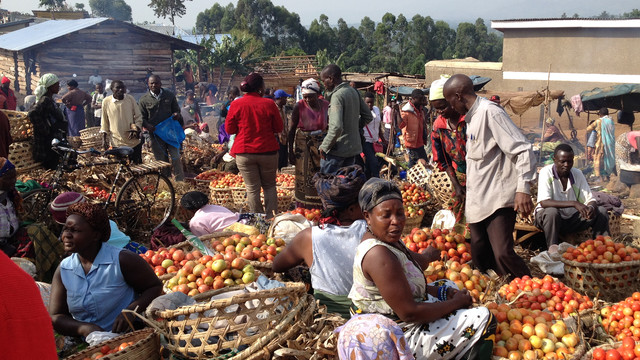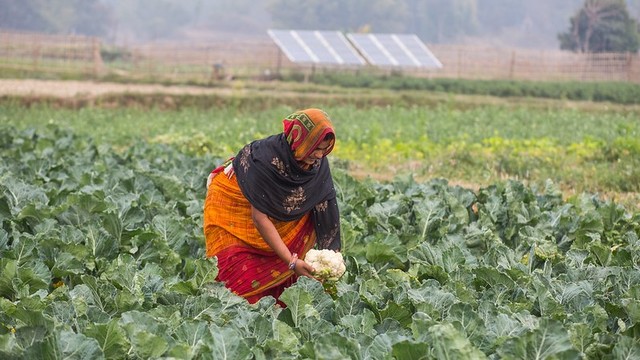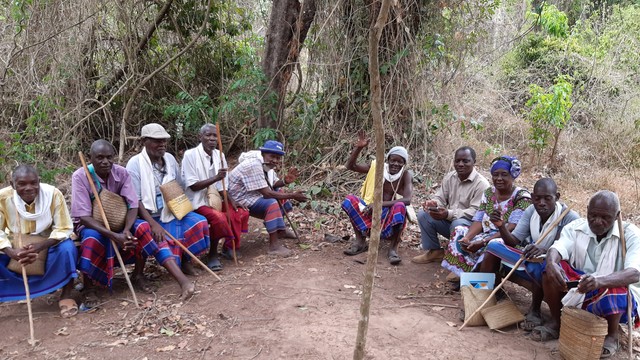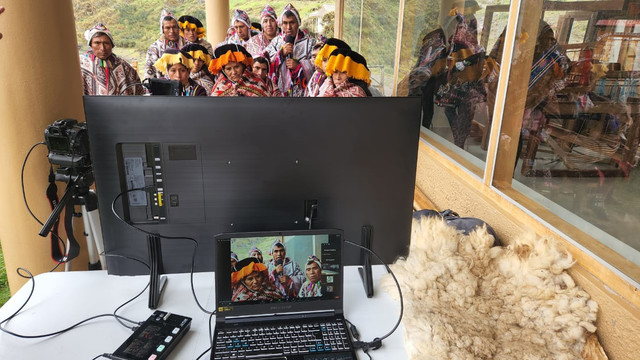New website shows how nature plus culture equals resilience
New website shows how nature plus culture equals resilience. Drawing on research by IIED, partners and indigenous communities looking at Biocultural Heritage
Nature and culture are deeply linked. Together they are central to the lives and livelihoods of hundreds of millions of marginalised people around the world, and will be critical to how they respond to climate change and other environmental challenges.
To shine a light on this way of thinking and what it means in an increasingly globalised and warmer world, IIED has today launched a new website – www.bioculturalheritage.org
“Biocultural heritage is the interlinked biological and cultural heritage that arises from the interaction between culture, knowledge, biodiversity and landscapes,” says Krystyna Swiderska, a senior researcher at IIED.
“It includes a wealth of biological resources and long standing traditions and practices that allow people to adapt to environmental change and use biodiversity in a sustainable way,” says Alejandro Argumedo of Asociación Andes, a Peruvian organisation that is a partner on this project.
This biocultural heritage faces many threats, and is generally misunderstood by policymakers, scientists and others.
“IIED and partners are launching this new website to promote understanding of traditional knowledge as biocultural systems, and of the need to protect biocultural systems as a whole, rather than focusing narrowly on rights to traditional knowledge in isolation,” says Swiderska.
Policies and laws on traditional knowledge and access to genetic resources tend to protect only the intellectual part of TK systems. For indigenous peoples, though, knowledge cannot be separated from the biological resources, landscapes, cultural values and customary laws that ensure its inter-generational transmission.
It is these biocultural systems as a whole that have enabled indigenous peoples to develop and conserve thousands of traditional crop varieties, livestock breeds and medicines over millennia.
This new website draws on research by IIED, research partners and indigenous communities in Peru, Panama, Kenya, India and China to provide:
- Understanding of the nature and importance of biocultural systems, and the threats they face.
- Practical tools and strategies for protecting biocultural systems: community biocultural protocols, registers, products and agreements.
- Emerging biocultural policy and legal frameworks.
The website comes as governments and indigenous representatives meet at the UN Permanent Forum on Indigenous Issues, in New York on 16-27 May, to review the implementation of the UN Declaration on the Rights of Indigenous Peoples.
It includes guidance and resources for grassroots organisations, researchers, practitioners and policy makers to download.



